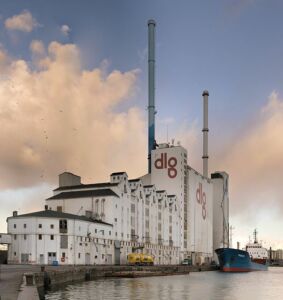News
New Study: Industry in Denmark competitive despite high wages
This article is more than 10 years old.
Wage competitiveness is at its highest level for 20 years

Study suggests Danish employees can justify high wages (photo: Villy Fink Isaksen)
A new study by the labour market organisation Arbejderbevægelsens Erhvervsråd (AE) claims that industry in Denmark has not been this competitive since 1995, concluding that the country can compete with the likes of China, Poland and Germany despite the high level of wages, Ugebrevet A4 reports.
READ MORE: EU statistics show that labour costs most in Denmark
Wage competitiveness – the relationship between companies’ salary expenses and the value created for the company – has risen by 11 percent in the past 20 years.
Kristian Weise, the head of the left-of-centre think-tank Cevea, explained that this meant the level of wages was reconcilable with a competitive industrial sector. “There’s a myth that wage levels at export companies are too high,” he said.
“Employees at industrial companies create much more value than they cost. Generally speaking, it’s therefore not a problem for industry that we have high wage levels.”
Disparity across branches of industry
Danish industrial advocates Dansk Industri (DI) welcomed the news, but pointed out that the progress is not shared equally across all industries.
Morten Granzau Nielsen, the head economist at DI, explained that headline statistics didn’t tell the whole story.
“It’s gone from looking really bad with competitiveness to looking reasonable,” he said.
“One of the reasons for our strengthened competitiveness is that in some wage-heavy sectors a lot of people have been fired and production has been moved out. That strengthens the statistical wage-competitiveness without necessarily making the rest of the industry more competitive with companies abroad.”










































